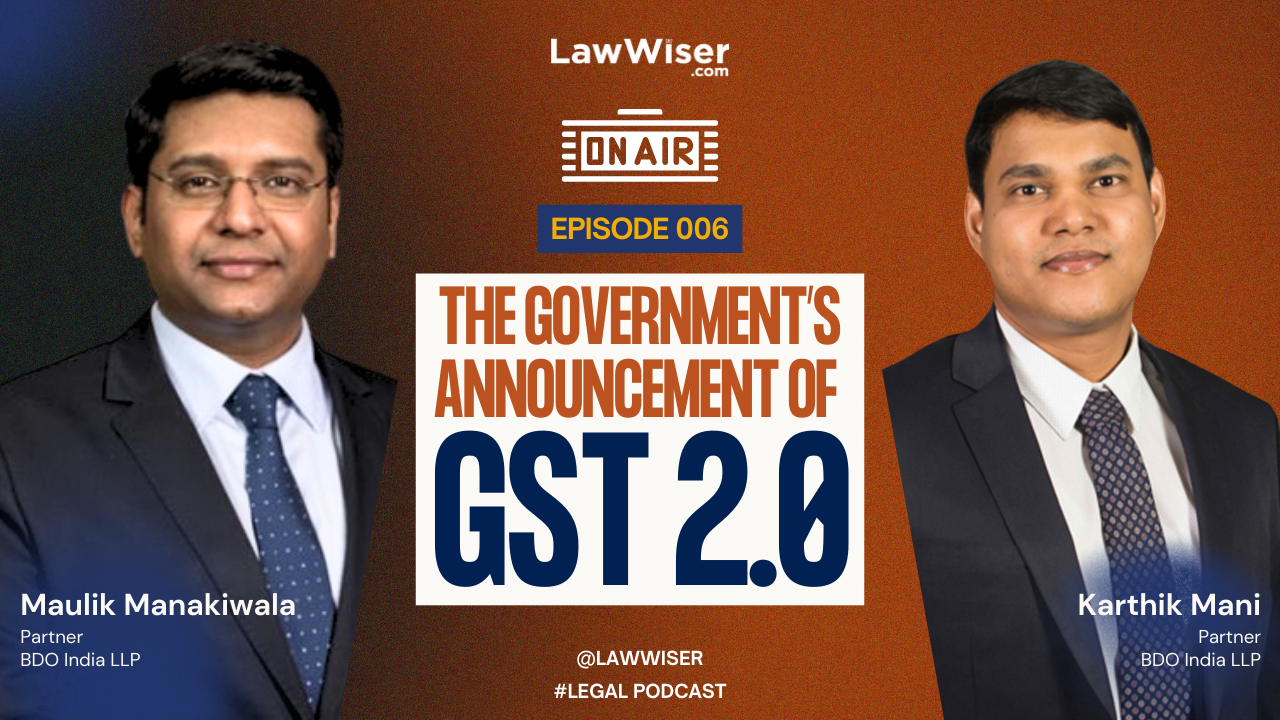BUDGET 2023 EXPECTATIONS : PART 1
As the year 2022 ends, preparations have already begun for the coming year of 2023. Among the foremost is the budget of 2023, the businesses, industries and various sectors have already started sharing recommendations and their expectations from the upcoming budget of 2023.
Watch on LawWiser what are some of these initial expectations from the budget 2023, which we cover in this part 1 of the video. In this video –
📍Startups are looking at appropriate relaxations on outbound mergers — where the merged entity is a foreign entity and does not enjoy the principle of tax neutrality — in the upcoming Budget.
- Indian entities could not invest in foreign entities earlier if they had an India connection and RBI approval was needed for the same. The apex bank would look at requests for approvals on a case-to-case basis.
- The new ODI norms permit transactions by Indian entities in foreign entities, provided they do not have more than two layers of subsidiaries, directly or indirectly. Investors can now make an overseas investment for less than a 10% stake in foreign companies without the need for a joint venture.
- This year, the SEBI allowed outbound investments from Indian alternative investment funds or venture capital funds into foreign entities without an Indian connection. As Indian tech startups look at avenues to globalise their businesses and raise private and public funds outside India, flipping ownership structures may become more commonplace.
📍A new 2.0 version of the government’s production-linked incentive scheme (PLI) for the textile sector, focusing on small and medium enterprises (SMEs) is expected to be finalised early next year.
📍Industry body Assocham has recommended the extension of the production-linked incentive (PLI) schemes to more sectors in the upcoming union budget.
📍Among other pre-budget recommendations, the industry body said the government should increase the exemption limit for income tax to at least ₹5 lakh so that more disposable income is left in the hands of consumers and the economy gets a consumption boost and further leg-up in the recovery. Without accounting for rebates, the present exemption limit is ₹2.5 lakh for the assesses.
📍Tourism Sector: The first issue is taxation. There have been a lot of concerns about that, and have proposed some relaxations. The GST (Goods and Services Tax) on the industry is actually on the higher side when we compare it with the neighbouring countries.
Write to us at editorial@lawwiser.com











